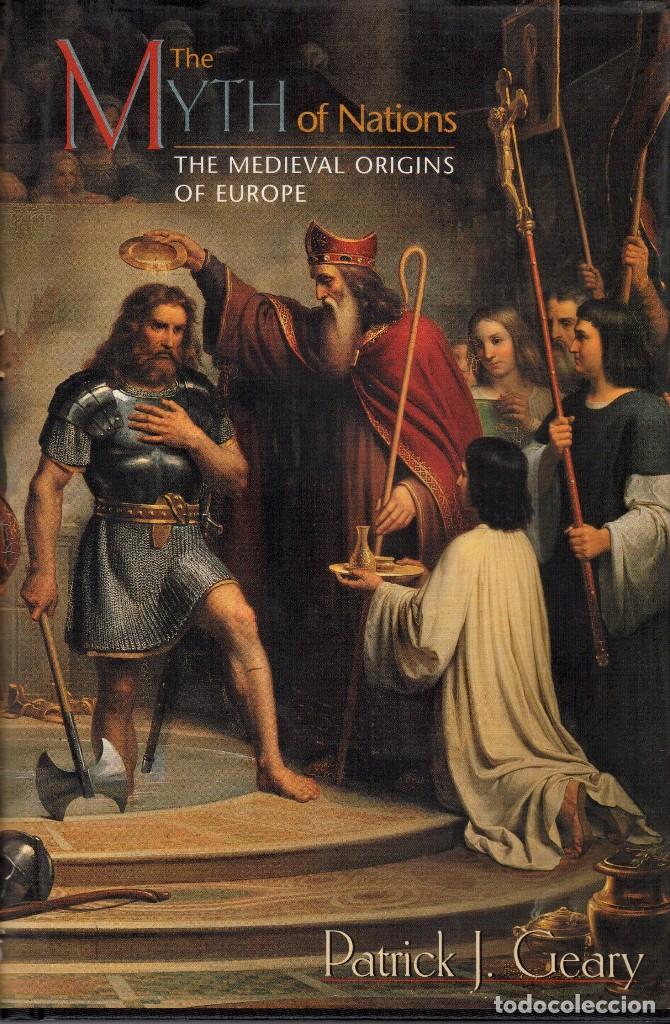

Most ebook files are in PDF format, so you can easily read them using various software such as Foxit Reader or directly on the Google Chrome browser.
Some ebook files are released by publishers in other formats such as .awz, .mobi, .epub, .fb2, etc. You may need to install specific software to read these formats on mobile/PC, such as Calibre.
Please read the tutorial at this link: https://ebookbell.com/faq
We offer FREE conversion to the popular formats you request; however, this may take some time. Therefore, right after payment, please email us, and we will try to provide the service as quickly as possible.
For some exceptional file formats or broken links (if any), please refrain from opening any disputes. Instead, email us first, and we will try to assist within a maximum of 6 hours.
EbookBell Team

4.1
100 reviews
Geary dismantles the nationalist myths about how the nations of Europe were born. Through rigorous analysis set in lucid prose, he contrasts the myths with the actual history of Europe's transformation between the fourth and ninth centuries--the period of grand migrations that nationalists hold dear. The nationalist sentiments today increasingly taken for granted in Europe emerged, he argues, only in the nineteenth century. Ironically, this phenomenon was kept alive not just by responsive populations--but by complicit scholars.
Ultimately, Geary concludes, the actual formation of European peoples must be seen as an extended process that began in antiquity and continues in the present. The resulting image is a challenge to those who anchor contemporary antagonisms in ancient myths--to those who claim that immigration and tolerance toward minorities despoil ''nationhood.'' As Geary shows, such ideologues--whether Le Pens who champion ''the French people born with the baptism of Clovis in 496'' or Milosevics who cite early Serbian history to claim rebellious regions--know their myths but not their history.
The Myth of Nations will be intensely debated by all who understood that a history that does not change, that reduces the complexities of many centuries to a single, eternal moment, isn't history at all.